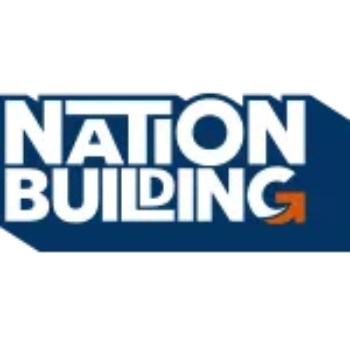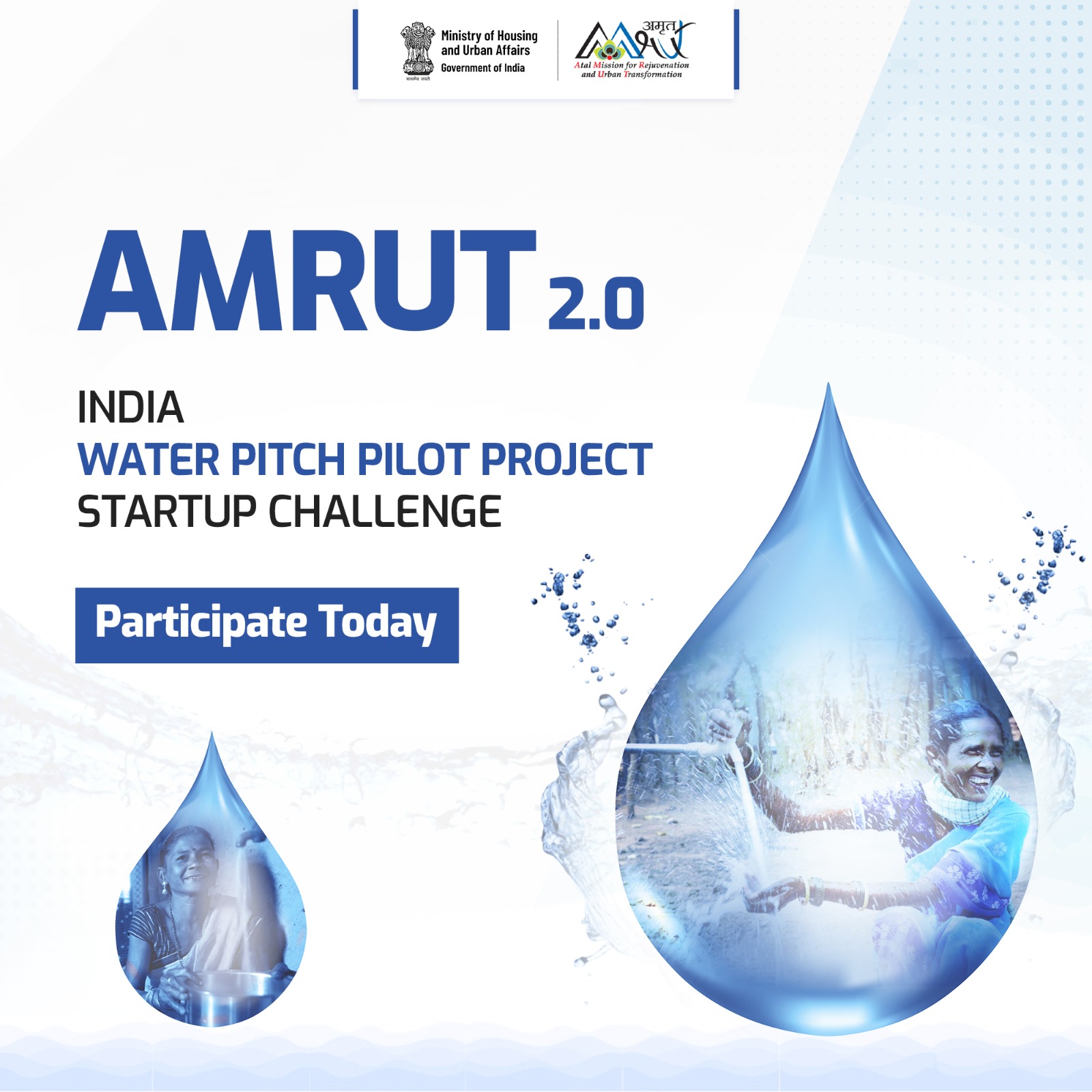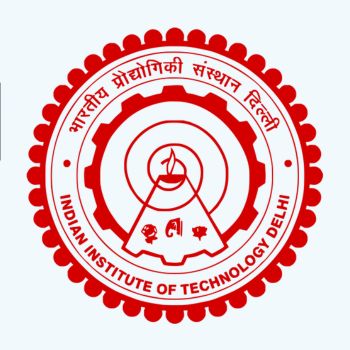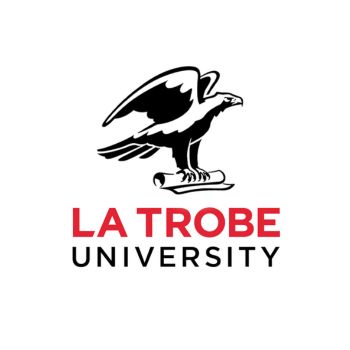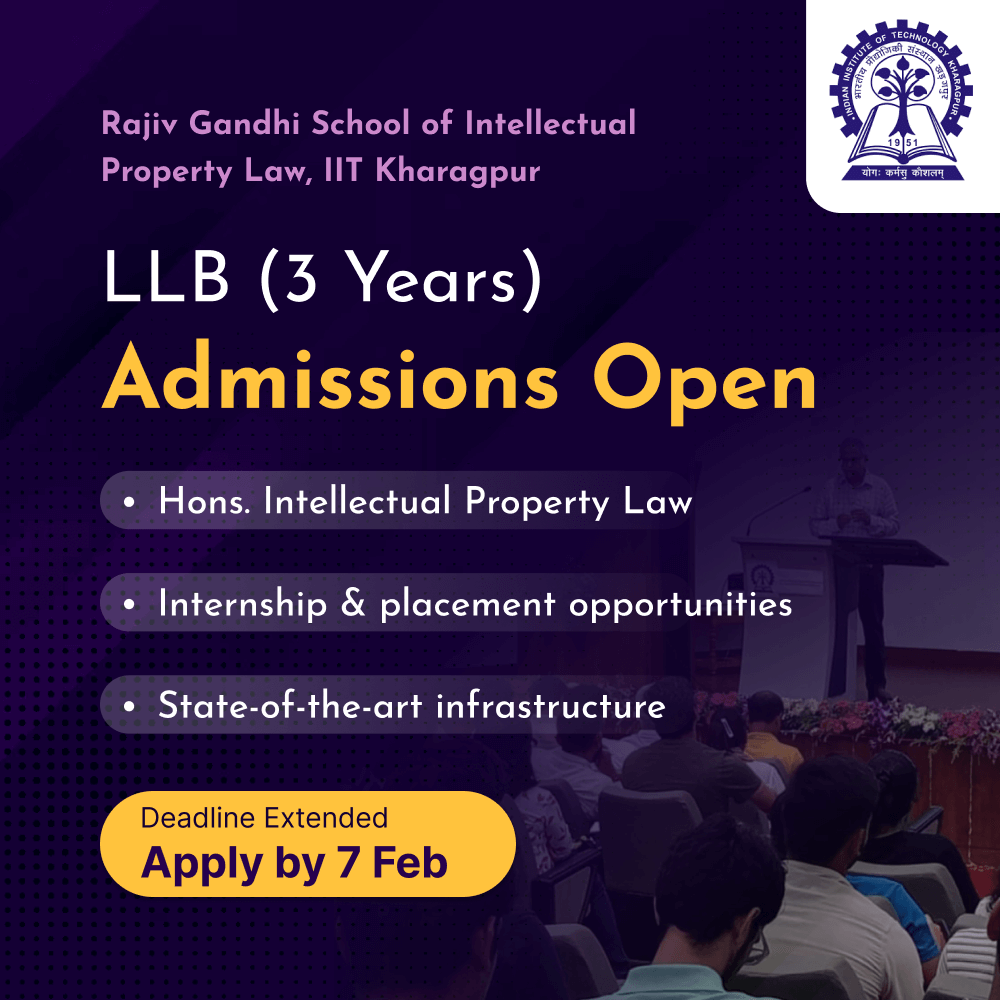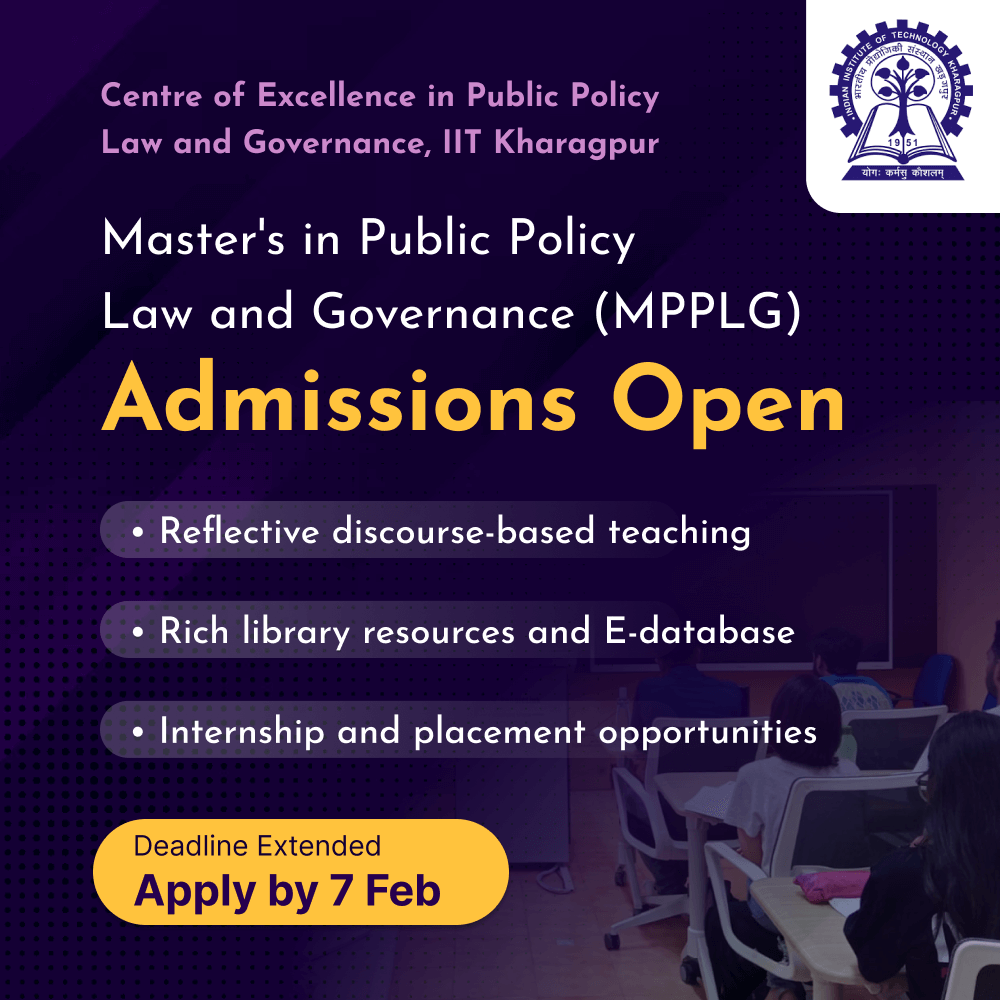Check the important details for arbitration as a career for engineers. The information is generated by Chat-GPT!
About Arbitrators
In legal disputes, parties sometimes use a third party to settle issues without going to court. Arbitrators help people resolve disputes outside of court through private, confidential meetings. If you have strong decision-making and communication skills and are interested in a legal career, consider becoming an arbitrator.
An arbitrator, known for their commitment to fairness, collaborates with parties in legal cases, such as real estate disputes, to resolve issues outside of court.
1. Industry-Specific Knowledge
- Technical Expertise: Engineers have a deep understanding of the technical aspects of disputes, particularly in the construction, infrastructure, and technology sectors, which often require arbitration.
- Complex Disputes: Many arbitration cases involve technical details requiring specialized knowledge to understand and resolve effectively.
2. Career Transition and Diversification
- Expanded Opportunities: Moving into arbitration allows engineers to leverage their technical background in a legal context, opening up new career avenues.
- Skill Utilization: Engineers can use their analytical, problem-solving, and project management skills in arbitration to evaluate evidence, provide expert testimony, and facilitate dispute resolution.
3. Professional Development
- Broadened Expertise: Pursuing arbitration can enhance an engineer’s professional profile by adding legal and negotiation skills.
- Continuous Learning: Arbitration involves continuous learning about new regulations, laws, and industry standards, keeping professionals engaged and updated.
4. High Demand in Certain Industries
- Construction and Infrastructure: These sectors frequently encounter disputes over contracts, timelines, and quality, where technical arbitration is crucial.
- Intellectual Property: Engineers in the technology sector can play a significant role in resolving disputes over patents and proprietary technologies.
5. Economic Efficiency
- Cost-Effective Solutions: Arbitration is often preferred for its cost-effectiveness and quicker resolution compared to litigation, making it attractive to companies seeking efficient dispute resolution.
- Alternative Dispute Resolution (ADR): As ADR gains popularity, there is a growing need for professionals with both technical and arbitration skills.
6. Networking and Influence
- Industry Influence: Engineers in arbitration can influence industry practices and standards through their involvement in high-profile disputes.
- Professional Networks: Building connections with legal professionals, companies, and industry experts can benefit career growth.
7. Global Opportunities
- International Arbitration: Engineers can engage in international arbitration, which is essential for cross-border global project disputes.
- Travel and Exposure: Opportunities to work in different countries and understand various legal systems and industry standards.
8. Hybrid Roles
- Engineer-Arbitrators: Some professionals blend their roles, acting as both engineers and arbitrators, providing comprehensive solutions to technical disputes.
- Consultancy: Engineers can also work as consultants, advising legal teams on technical matters during arbitration proceedings.
Steps for Engineers Interested in Arbitration
- Further Education: Consider pursuing additional qualifications in arbitration, such as a diploma or certification course.
- Gaining Experience: Seek opportunities to be involved in arbitration cases within your current industry.
- Professional Memberships: Join professional bodies like the Chartered Institute of Arbitrators (CIArb) to network and gain credibility.
- Continuous Learning: Stay updated with industry trends and legal changes relevant to arbitration.
By integrating their technical expertise with arbitration skills, engineers can carve out a niche in this field, making it a highly relevant and rewarding career path.
Note: This information is generated by Chat-GPT!
Other Details
If you find this interesting, Register for the Arbitration webinars by Manipal Law School. The links are given below!
